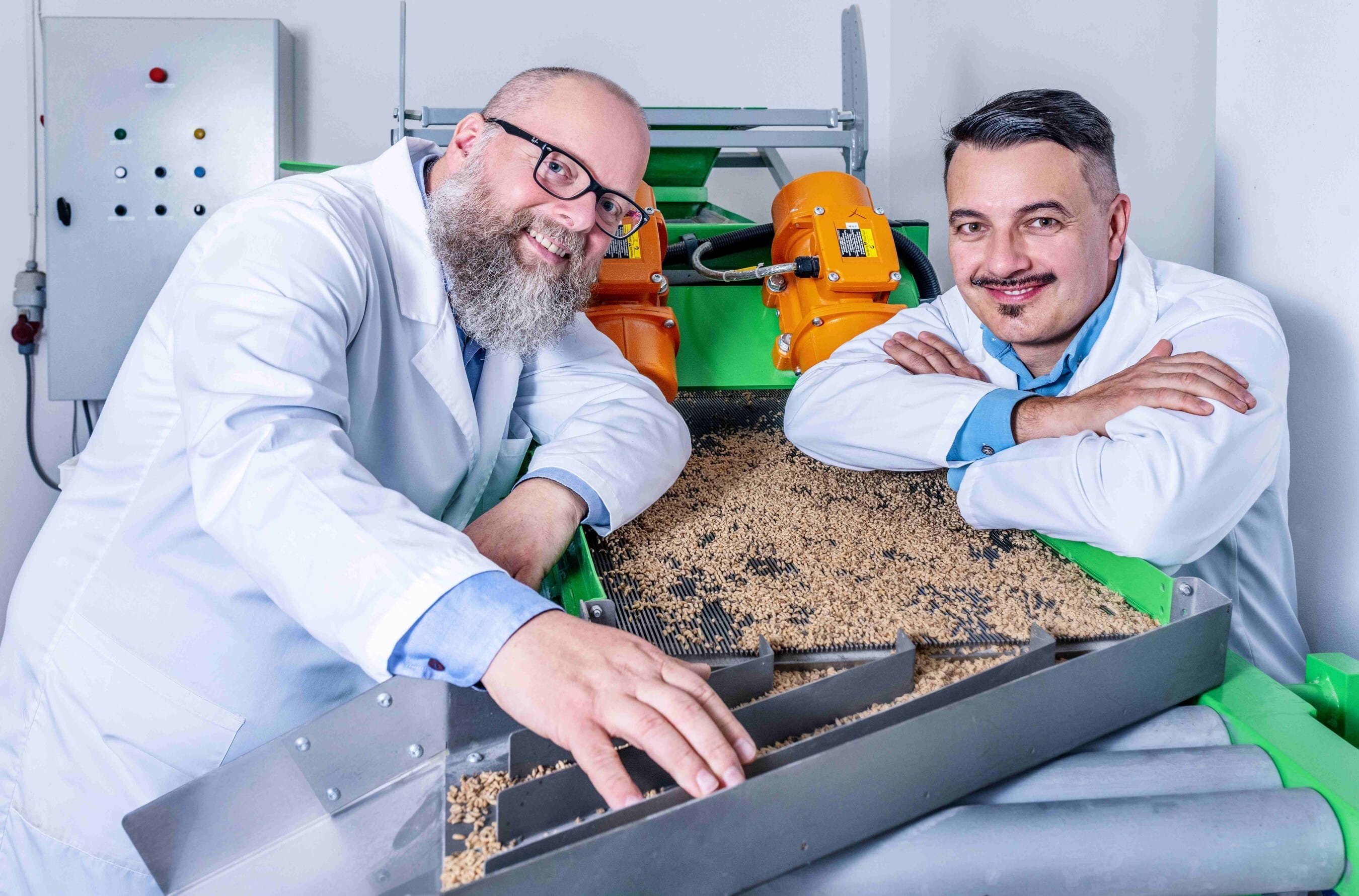Key Takeaways:
- Proteine Resources raises €1.36 million from SMOK Ventures and Bitspiration Booster VC, with total funding reaching €1.8 million.
- The company aims to achieve €62 million in annual revenue by 2030 through the sale of insect protein for animal feed and human consumption.
- Innovations include scalable production technology, autonomous breeding systems, and patented multispectral analysis for real-time monitoring.
- Proteine Resources plans to construct its first factory in 2025 and expects its first revenues by 2026, with pre-orders already securing 80% of production capacity.
- The company targets a global network of modular, AI-managed breeding units near feed sources.
Scaling Sustainable Insect Protein Production
Proteine Resources, a Polish biotech company focused on revolutionizing the animal nutrition market, has secured €1.36 million in a funding round led by SMOK Ventures and Bitspiration Booster VC. This brings the company’s total funding to €1.8 million. The investment will enable Proteine Resources to expand its sustainable production of insect protein, with a goal of reaching €62 million in annual revenue by 2030.
With global demand for protein expected to increase by 60% by 2050, Proteine Resources is positioning itself as a key player in the sustainable protein market. The company’s innovative approach focuses on producing high-quality insect protein, which is more sustainable than traditional protein sources and can be used in animal feed, pet food, and potentially human consumption.
Innovative Technology and Climate Commitment
Proteine Resources has developed a scalable production technology that will enable the company to meet the rising demand for sustainable protein. The company plans to begin construction of its first factory in 2025, strategically located near sources of insect feed. Co-CEO Bartłomiej Roszkowski emphasized the company’s commitment to climate neutrality and reducing greenhouse gas emissions as part of its long-term sustainability goals.
The company’s proprietary production technology results in insects containing nearly 70% protein, with 3–5 times more essential amino acids than competing products. The insects are also a source of unsaturated fatty acids and have a short rearing cycle of four weeks, made possible by a feeding system based on agri-food by-products.
Co-CEO Konrad Włodarczyk brings 15 years of experience in autonomous production technology, which has played a key role in developing the company’s automated systems. One of the firm’s key innovations is its patented multispectral analysis technology, which provides real-time monitoring of insect health and quality. This technology ensures consistent product quality and efficiency in large-scale production.
A Vision for Global Expansion
Proteine Resources aims to build a global network of autonomous breeding units managed by advanced AI algorithms. The company’s strategy includes developing a franchise system for modular factories located near feed sources. This modular approach will enable the company to scale rapidly and ensure efficient production at multiple sites.
Investors have shown confidence in Proteine Resources’ growth potential, driven by increasing awareness of climate issues and the need for sustainable food sources. SMOK Ventures and Bitspiration Booster VC recognized the scalability of the company’s business model and the market opportunity presented by insect protein.
Looking Ahead: Revenue Targets and Market Impact
Proteine Resources expects to generate its first revenues by 2026 and is already securing pre-orders for its products. The company reports that 80% of its future production capacity has been reserved by customers, with the remaining 20% kept as a buffer to meet additional demand.
By targeting €62 million in annual sales by 2030, Proteine Resources aims to play a pivotal role in addressing the growing need for sustainable protein. Its focus on technological innovation, automation, and climate-friendly production methods positions the company to make a significant impact in the animal feed and pet food markets.


